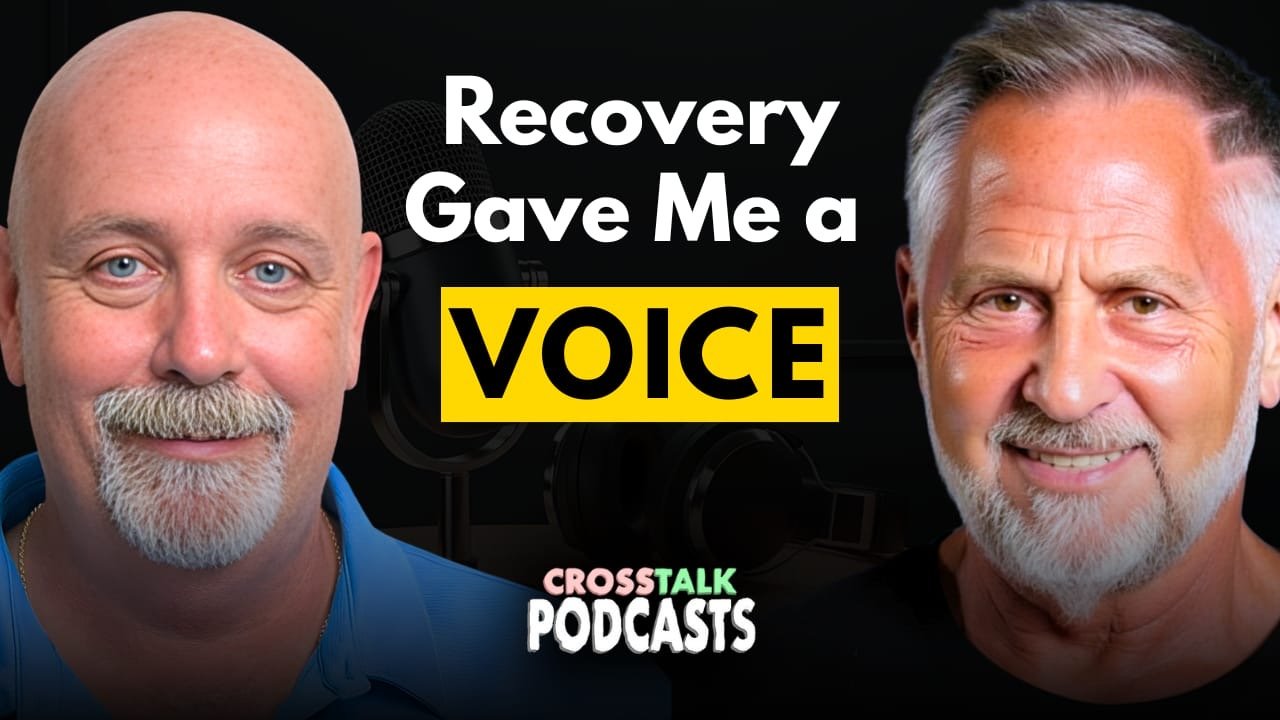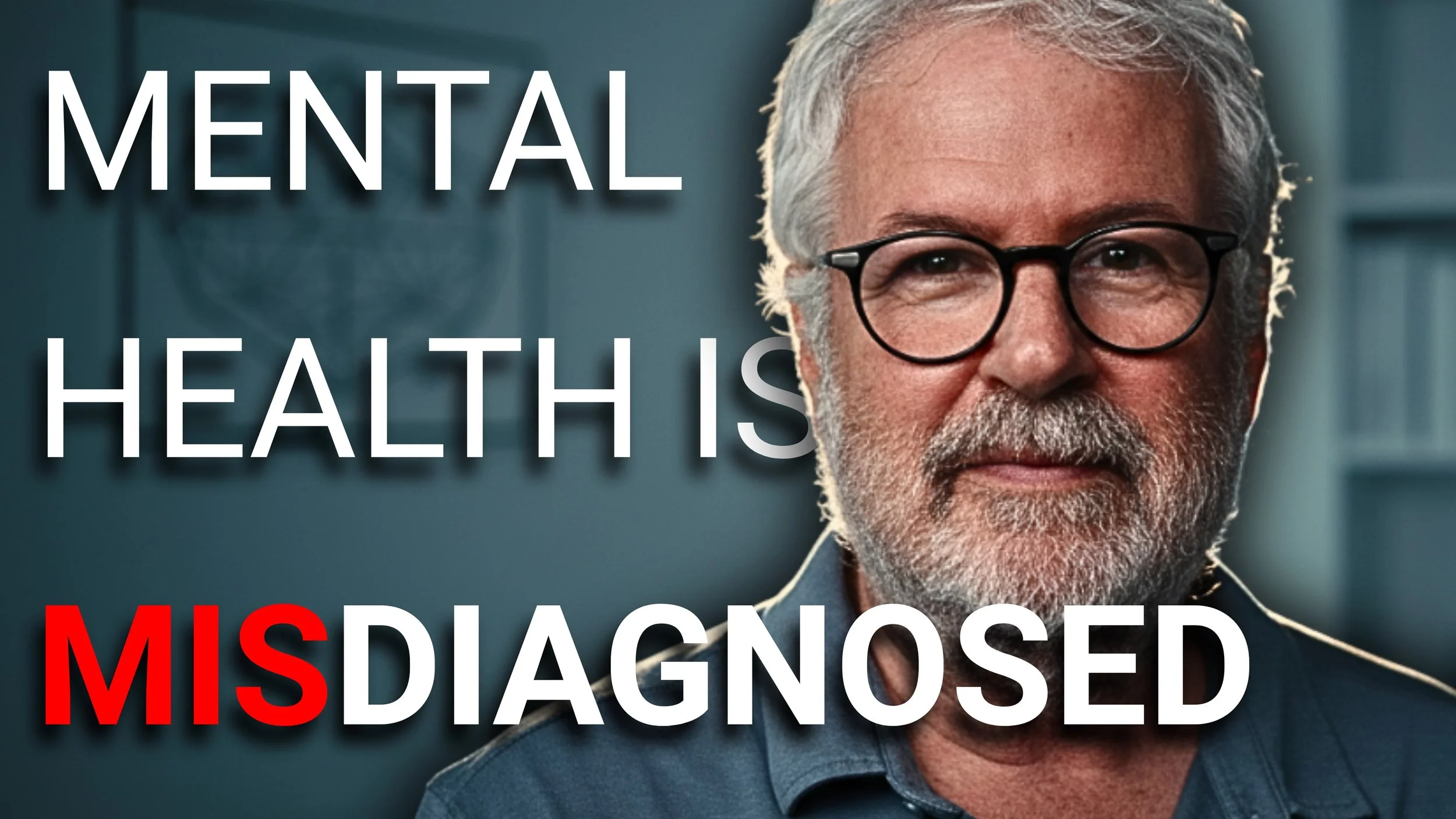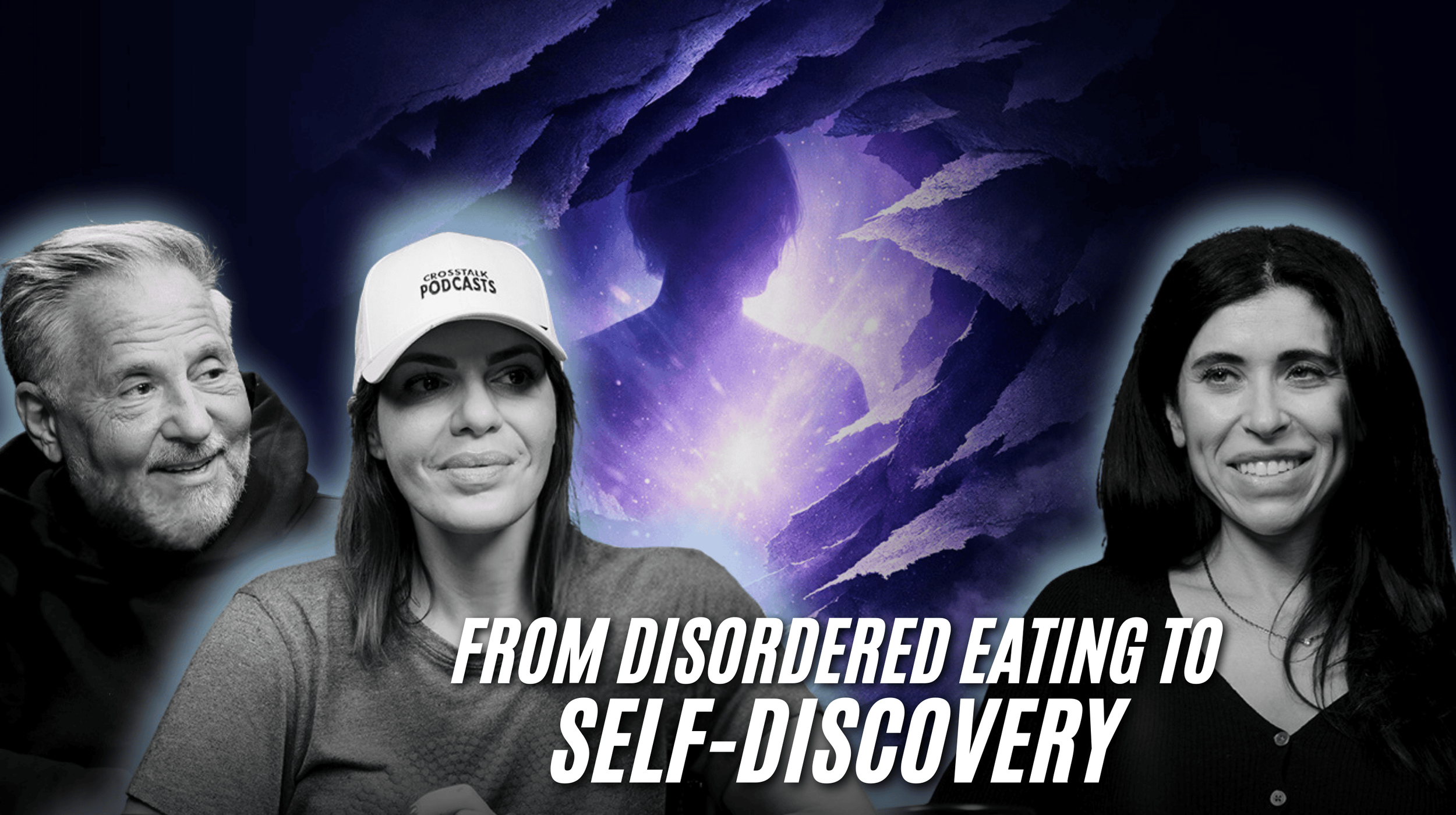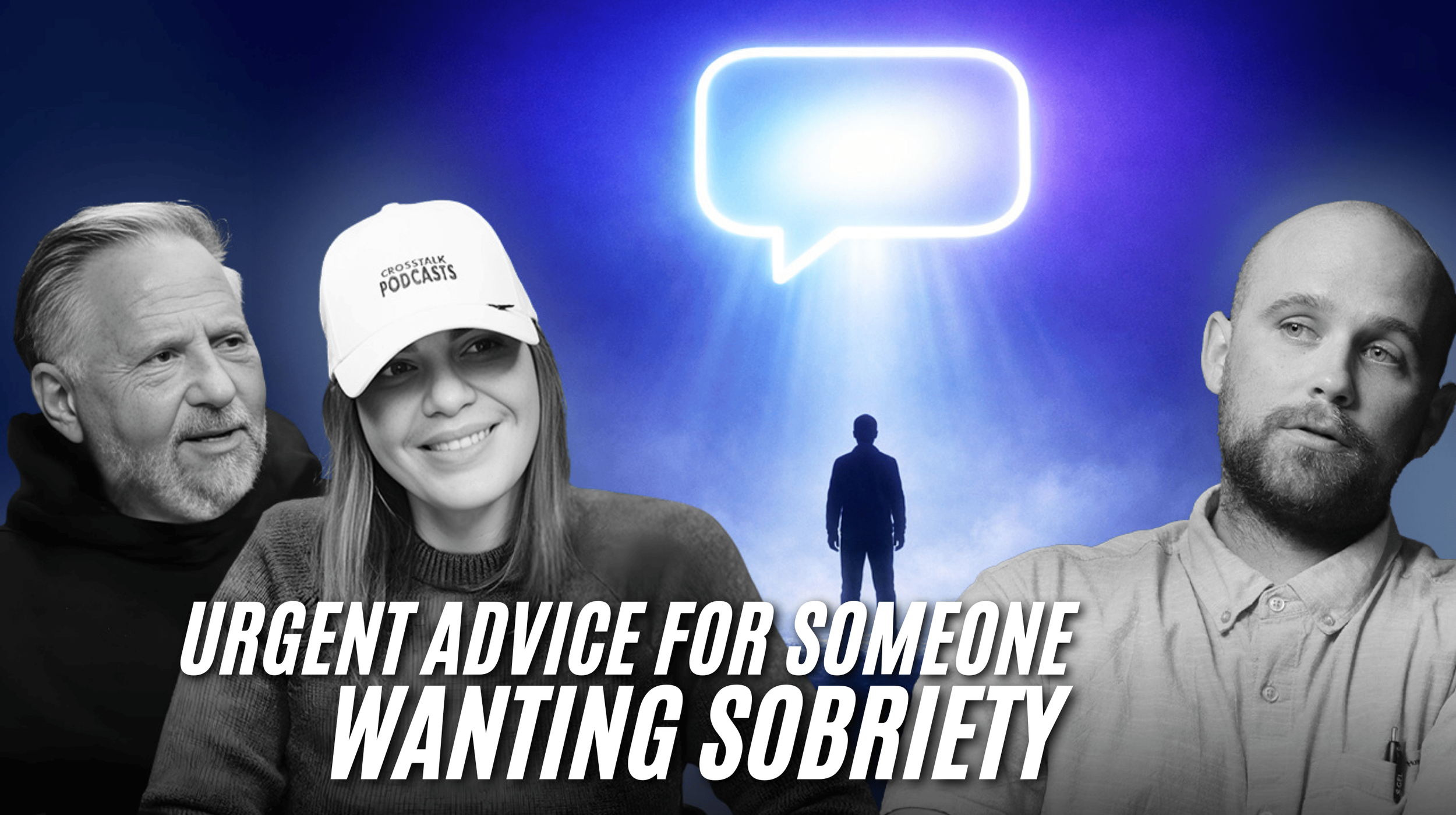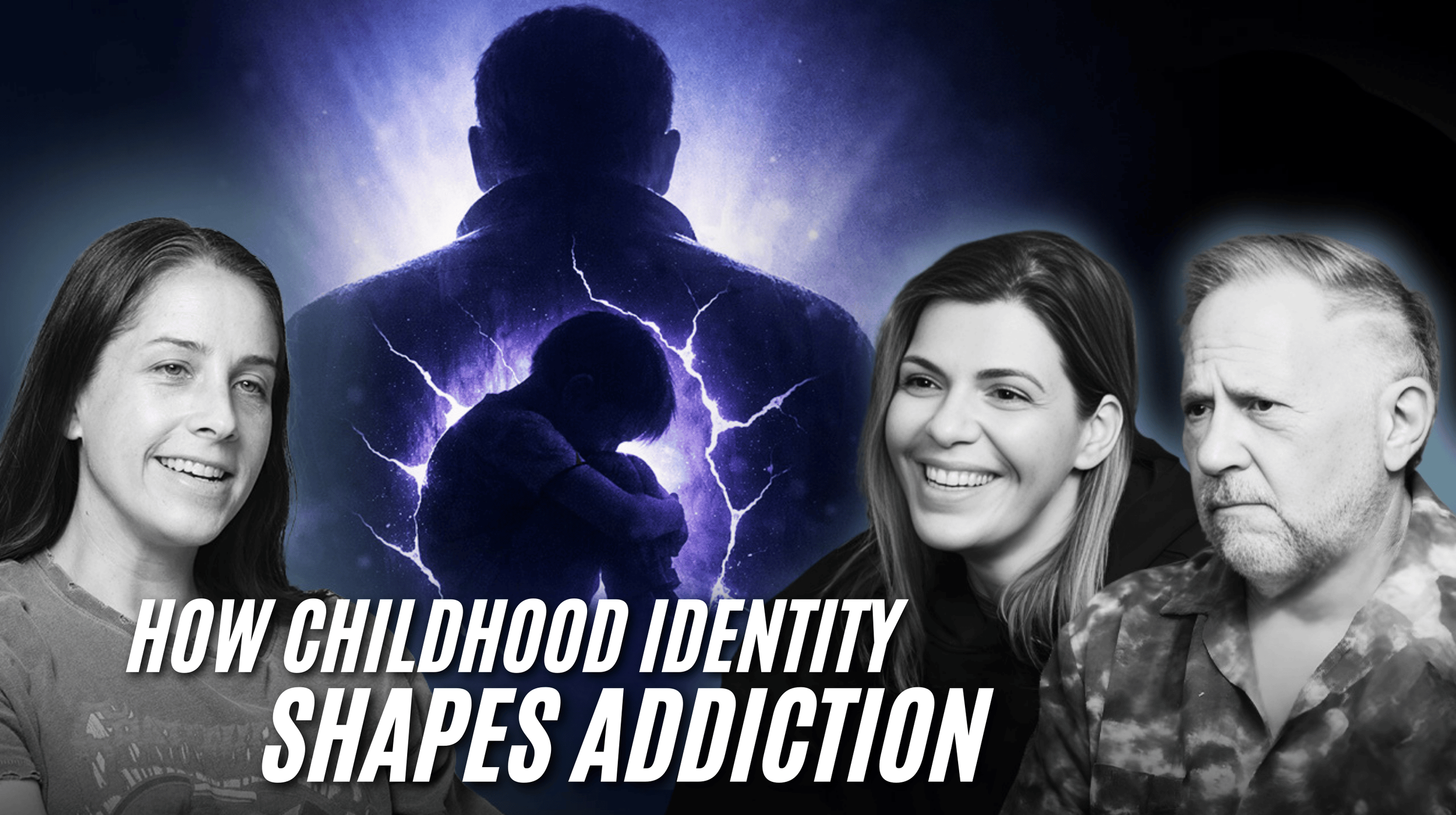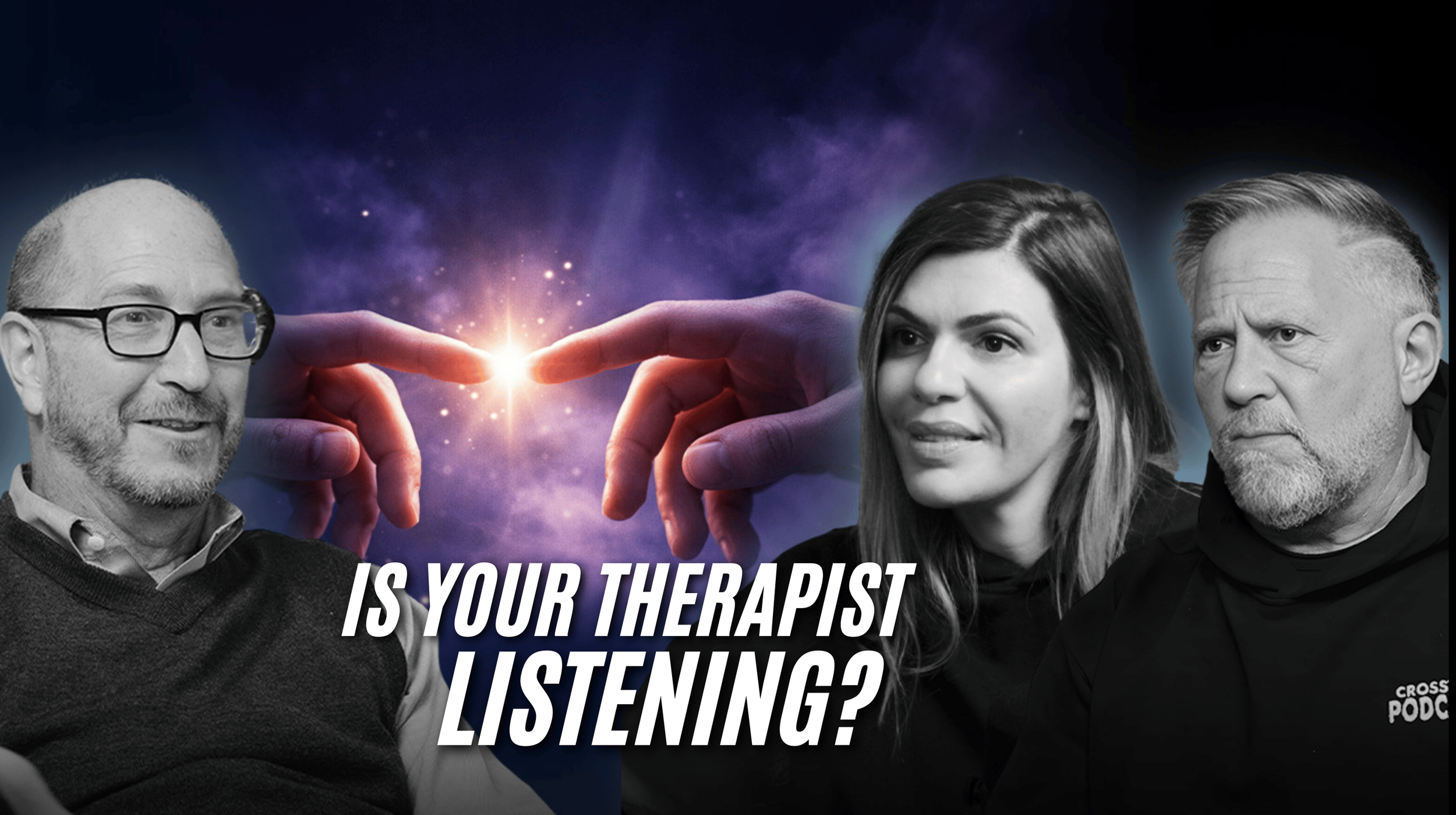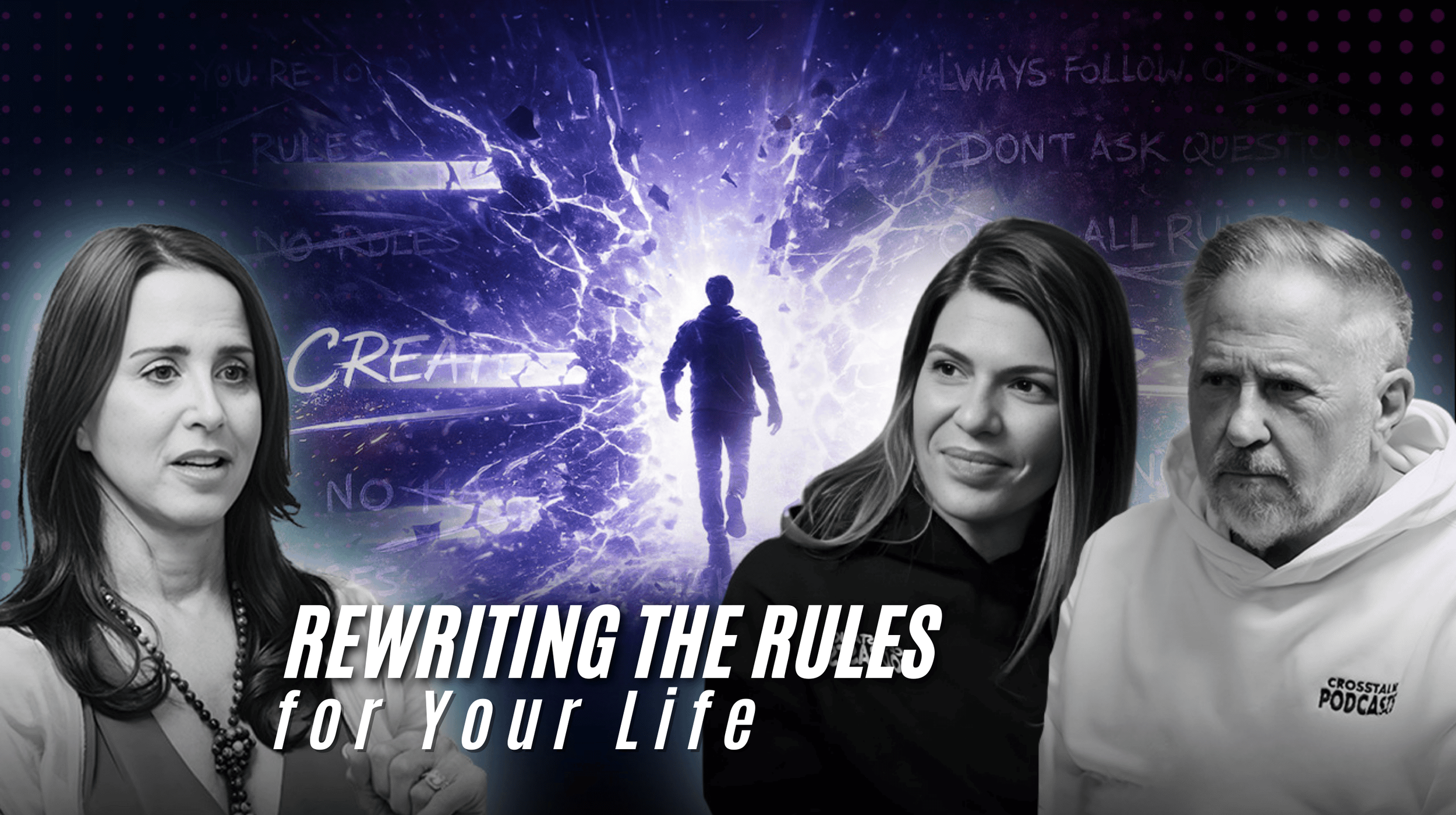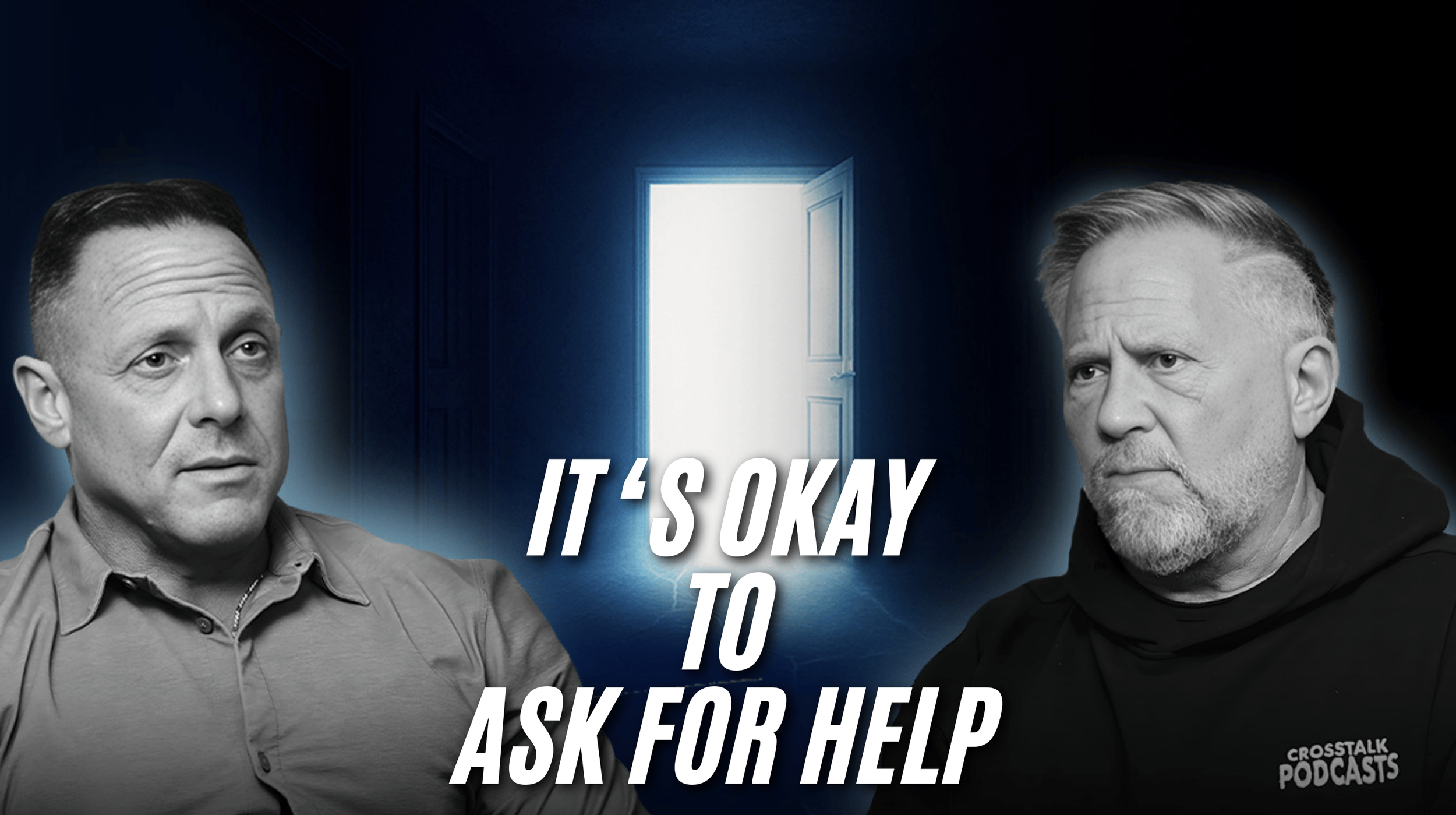From Hidden Addiction to Recovery | How One Woman Rebuilt Her Life After Alcoholism
Listen or watch on your favorite platforms
Show Notes
Lori’s story is one of transformation—growing up in a stable yet transient household, she found herself swept into a life of alcoholism later in life. As a mother, she maintained a perfect facade, but behind closed doors, her addiction grew.
Lori recounts her life, from watching her husband battle alcoholism to falling into her own hidden drinking habits once her children left home. After a life-threatening encounter with alcohol poisoning, she sought treatment, faced her emotional wounds, and found sobriety through therapy, spirituality, and self-care. Today, Lori lives a life filled with gratitude, proving that recovery is possible at any stage of life.
Listeners will gain inspiration and insights into how even a well-hidden addiction can be overcome, with recovery bringing the possibility of a fulfilling, joyful life.
Growing Up
Lori's childhood was shaped by a nomadic lifestyle as the daughter of an Air Force pilot. Her family’s frequent moves provided a stable family dynamic, yet this constant upheaval led her to retreat inward, where her alcoholism quietly took root. Despite her father’s loving presence, Lori felt disconnected from her surroundings, a sensation that would later fuel her addiction. Though she had a privileged upbringing, the instability of always being on the move deeply affected her ability to feel grounded.
First Time Engaging in Behavioral Addiction
While Lori’s family wasn’t heavy drinkers, her first brush with alcohol came much later than most—during college in Philadelphia. Money was tight, so drinking wasn’t a priority. However, meeting her husband marked the beginning of a long relationship with alcoholism, albeit not her own at first. She watched her husband’s drinking spiral, which mirrored the habits of his alcoholic parents. Unaware of the warning signs, Lori couldn’t foresee how much his drinking would influence her future.
Active Addiction
Lori’s addiction slowly crept into her life after her children left for college. With her primary role as a mother no longer fulfilling her days, Lori’s perfectionist tendencies faded, and alcohol became her refuge. She became a closet drinker, hiding her growing dependency while maintaining a facade of success and stability. Her picture-perfect life of wealth and material success hid the deep pain of losing herself in the process.
Hitting Bottom
Her breaking point came after years of progressive drinking, culminating in blood alcohol poisoning. She wasn’t suicidal, but Lori had reached a place where she saw no way out. Each morning, she promised herself she wouldn’t drink, only to break that vow daily. It wasn’t until her children, noticing her decline, took her to Karen Pennsylvania for treatment that she realized how close she had come to losing everything. She felt an immediate release, describing the experience as setting down heavy baggage she had carried for far too long.
Getting Help
Lori’s recovery journey wasn’t linear. Though she spent 28 days in treatment, her true breakthrough came during an extended three-month program. It was there, away from the pressures of maintaining her perfect image, that she began to rebuild herself. Lori found solace in therapy, group meetings, and spiritual practices like yoga and breathwork. Slowly, she pieced together the person she had once lost. She now lives in Florida, surrounded by a strong sober community, practicing self-care and engaging in her passions like art.
What Things Look Life Today
Today, Lori’s life is filled with gratitude, joy, and peace. She has repaired relationships with her children, maintained her sobriety, and developed a deep spiritual connection. Lori remains active in recovery, sponsoring others and attending meetings, while also finding time for art and self-exploration. Although her journey has been challenging, she has embraced the opportunity to build a fulfilling life, proving that it is never too late to change.
FAQs
What is the first step to recovering from addiction?
The first step is acknowledging that you have a problem and seeking help, whether through therapy, treatment centers, or support groups.
Can people recover from addiction without a formal program like AA?
Yes, recovery is personal, and people can find many different paths that work for them.
What is relapse and how common is it?
Relapse is a return to addictive behaviors after a period of abstinence; it’s common but doesn’t mean failure—it’s part of the recovery process.
How can I support a loved one in recovery?
Offering non-judgmental support, encouraging treatment, and maintaining your own boundaries are key.
What are some common triggers for relapse?
Emotional stress, social pressure, and certain environments or people can trigger relapse.
Related episodes
ABOUT CROSSTALK
CROSSTALK reveals real stories of everyday people and notable figures, sharing their journeys from struggles to life-changing 'aha' moments with all kinds .












